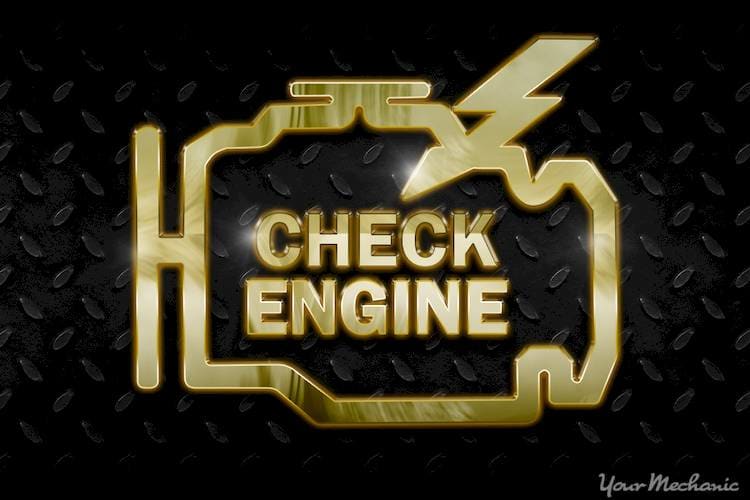B1901 code definition
The B1901 trouble code detects an error with the air bag crash sensor #1 circuit.
What the B1901 code means
The B1901 code is a standard OBD-II trouble code that signals an issue with the #1 air bag crash sensor. Vehicles employ crash sensors (different vehicles have different amounts of sensors) to detect when the car encounters sudden, forceful impact. When the sensors detect a crash, they trigger the airbags, which will be deployed. If the airbag control module, body control module, or powertrain control module (PCM) notes a circuit failure from the #1 crash sensor, the B1901 code may be stored.
What causes the B1901 code?
There are two common causes of the B1901 code. The first is damaged electrical components in the airbag system and crash sensor #1 system. Blown fuses, shorted wires, and open connectors or circuits can all cause the B1901 code. The second common cause is a defective #1 crash sensor. While rare, it is also possible that the code is the result of a malfunctioning airbag control module, body control module, or PCM.
What are the symptoms of the B1901 code?
The B1901 trouble code will usually be accompanied by an illuminated check engine soon Warning Light on the dashboard, and possibly also an airbag Warning Light. Most importantly, the airbag system will likely not work, so the airbags may not be deployed in the event of an accident.
How does a mechanic diagnose the B1901 code?
The B1901 code will be diagnosed using a standard OBD-II trouble code scanner. A trained technician will use the scanner to look at the freeze frame data and examine the B1901 code. The mechanic will also check to see if other trouble codes are present. If there are additional codes, they will need to be diagnosed in the order that they appear in. The mechanic should then reset the trouble codes, restart the vehicle, and check to see if the B1901 code remains detected. If not, it was probably triggered inaccurately, or possibly represents an intermittent error.
If the code remains detected, then the mechanic will visually inspect all of the electrical components in the airbag and crash sensor #1 system, and replace any fuses, wires, or connectors that are damaged. The crash sensor #1 circuit will then be inspected, followed by the sensor itself.
After any replacements are made, the trouble codes will again be reset, the vehicle restarted, and the code checked for. This will help the mechanic know as soon as the problem has been fixed.
Common mistakes when diagnosing the B1901 code
The most frequently made mistake when diagnosing the B1901 code comes from a failure to properly adhere to the proper OBD-II diagnosis protocol. Mechanics should follow the protocol at all times to ensure that inspections are thorough and accurate.
It is fairly common for airbag crash sensors to be erroneously replaced, when an electrical issue was to blame for the stored code.
How serious is the B1901 code?
The B1901 trouble code will not present any drivability issues, but it will likely render the airbag system inoperable. Because airbags are a critical safety feature that can save lives in the event of an accident, the car should not be driven when this code is detected, and an inspection should be scheduled immediately.
What repairs can fix the B1901 code?
Repairs for the B1901 trouble code include:
The B1901 trouble code is a manufacturer specific code, which means that not all automakers have the same definition for it. While the B1901 code represents an airbag crash sensor #1 circuit malfunction in many vehicles, it can signal an entirely different concern in other cars. Mechanics should always be cognizant of what vehicle they are working on when diagnosing this code.
Need help with a B1901 code?
YourMechanic offers certified mobile mechanics who will come to your home or office to diagnose and repair your vehicle. Get a quote and book an appointment online or speak to a service advisor at 1-800-701-6230.
OBD-II
trouble codes
B1901





